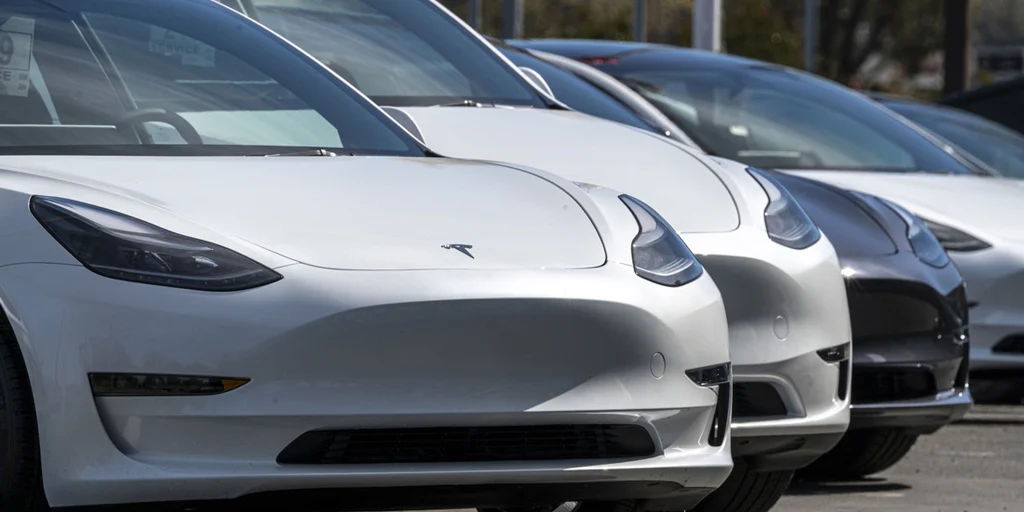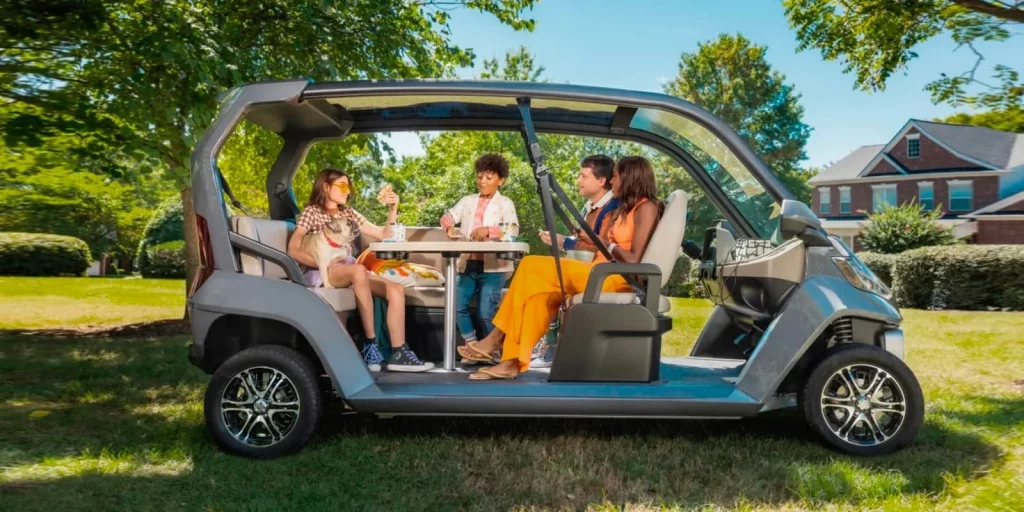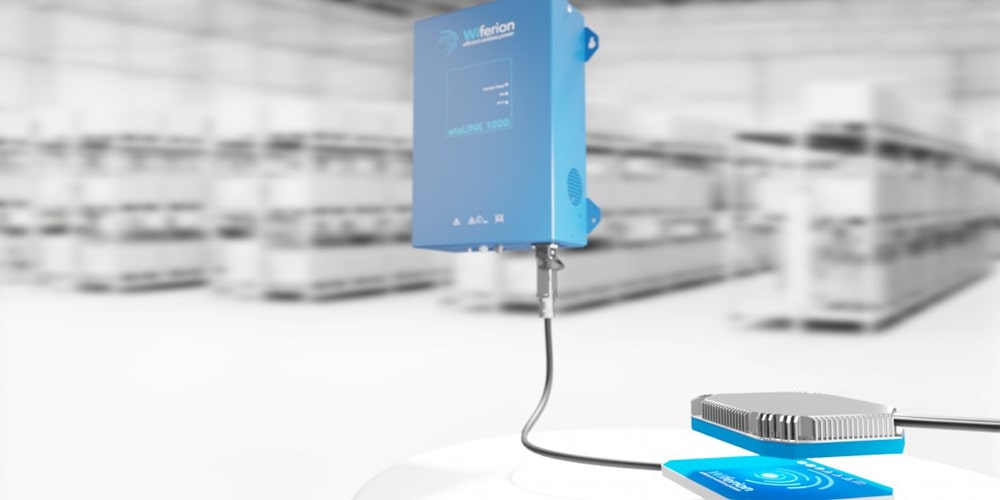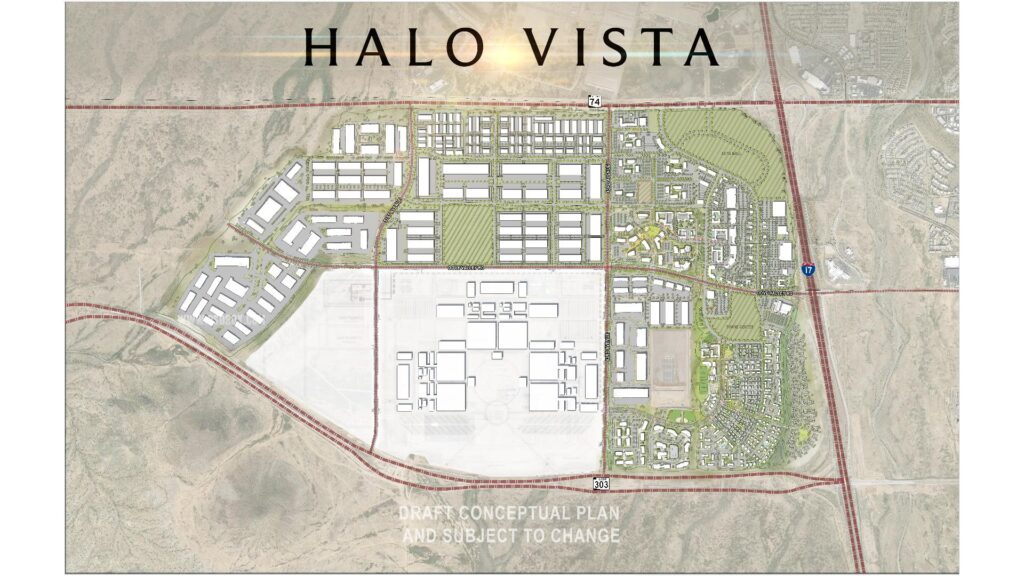Unlike any other American carmaker, Tesla plans to begin refining its own lithium, a crucial element for EV batteries.
This week, construction began on a $375 million lithium refining plant in Corpus Christi, Texas. According to CEO Elon Musk, the plant will refine enough lithium each year to power 1 million automobiles.


At Monday’s groundbreaking, Musk stated, “We thought it was important to address… a fundamental choke point in the advancement of electric vehicles, which is the availability of battery-grade lithium.”
The Biden administration is trying to hasten the shift to EVs, but the United States lacks a functional supply chain for the raw ingredients used to make batteries, including lithium. While China refines more than half of the world’s lithium, this country is only responsible for 1 percent of the total.
According to Melissa Barbanell, director of U.S.-International Engagement at the World Resources Institute and an expert on the clean energy economy, “EV technology is really all lithium-dependent right now and probably for quite a while going forward.” The risk of failing to achieve our objectives increases if we have to import lithium from other countries.
Read More: Elon Musk Announces New CEO of Twitter, Linda Yaccarino
Providing Automakers with Billions
The Biden administration has spent the past year allocating billions to automakers, materials processors, and start-ups to assist fill the domestic battery manufacturing deficit. To qualify for the Clean Vehicle Tax Credit, a vehicle’s batteries must be sourced from the United States or a country with whom the United States has a free trade agreement, according to the Inflation Reduction Act, which was signed into law last August.
To guarantee that its vehicles are eligible for those credits and to safeguard itself against supply chain changes and geopolitical disruptions, Tesla plans to begin refining its own lithium. GM is the only American manufacturer with a plan to purify its own lithium, so in January, it announced a $650 million investment in the Thacker Pass lithium mining project in Nevada.
Tesla asserts that its purification process will use 20% less energy than current methods while still being more environment friendly. The company claims it will generate less harmful waste products that may be used elsewhere, such as in building materials. “We end up as a net environmentally very neutral site,” said Turner Caldwell, Tesla’s senior manager of battery minerals and metals. The completion of the Texas plant is anticipated for the year 2025.
International lithium mines supply Tesla
The supply of lithium and the other important minerals necessary for the green transition remains problematic, even with less damaging processing methods. Some of Tesla’s suppliers are international lithium miners, which have been accused of social and environmental damage, including the contamination of water sources and the destruction of sacred Indigenous sites. There is currently only one operating lithium mine in the United States, despite Tesla’s early agreements with firms that will mine lithium in North America.
Some Americans, including some North Carolinians, are opposed to the industry’s expansion into their state. Opponents of the mining industry suggest that the green transition should put greater emphasis on expanding access to public transport and on developing micro-mobility solutions.
Read More: Wingcopter Gets €40 M for Logistics & Electric Delivery Drones
However, Barnabell argued that domestic mining had benefits beyond just ensuring a steady supply. Not transporting lithium ore hundreds of miles around the world saves energy, and American operations may be subject to stricter environmental and social regulations. “When it’s being done in the U.S., we know the laws that are applied,” she explained. How we know if something is being done correctly is undergoing significant change.
The Biden administration has made significant investments to create a closed-loop system for domestic battery production, in addition to its efforts to ensure a steady supply of new materials for EV batteries. A Nevada company that recycles electric vehicle batteries was just awarded a $2 billion conditional loan from the Department of Energy.
Lithium for the Texas plant will first originate from hardrock mines, but Caldwell said the process is “feed flexible,” so it could eventually purify lithium from recyclable sources like manufacturing debris and spent batteries.




